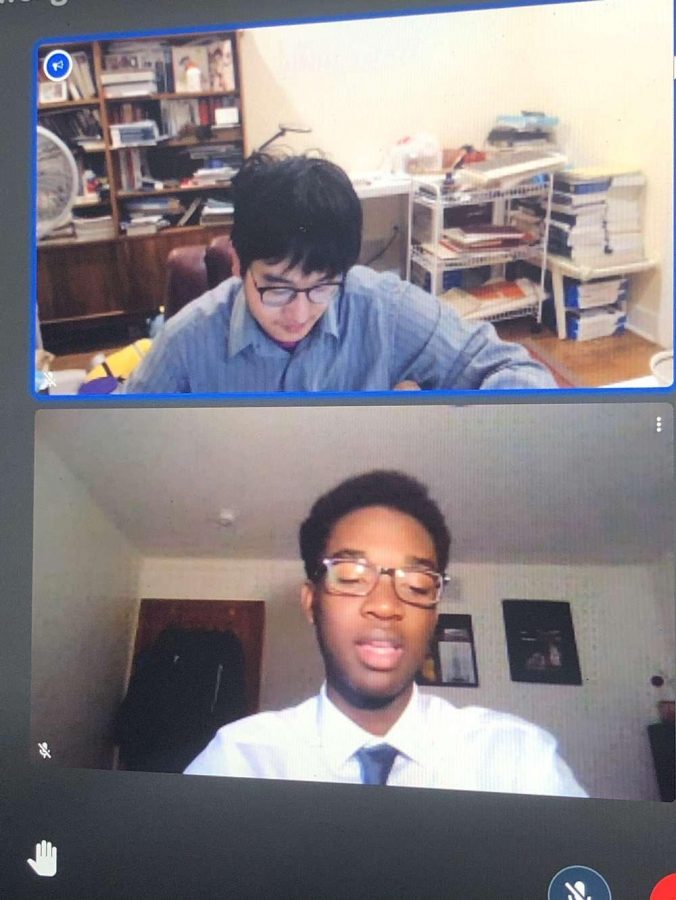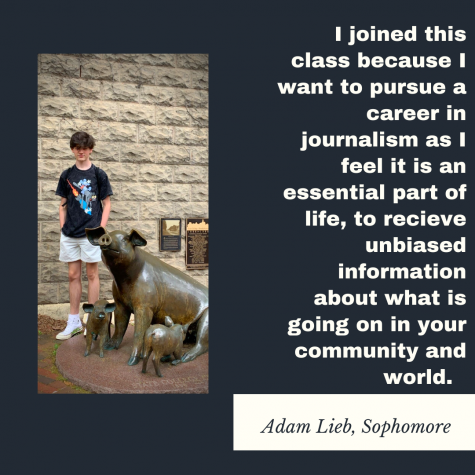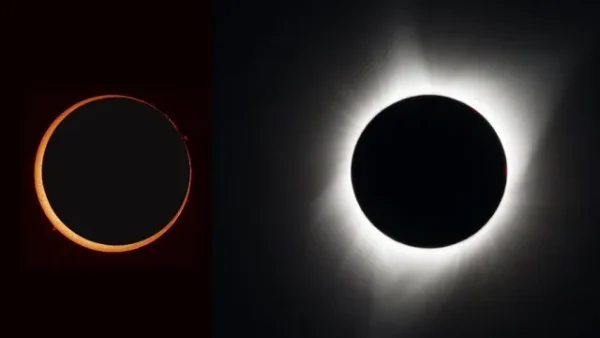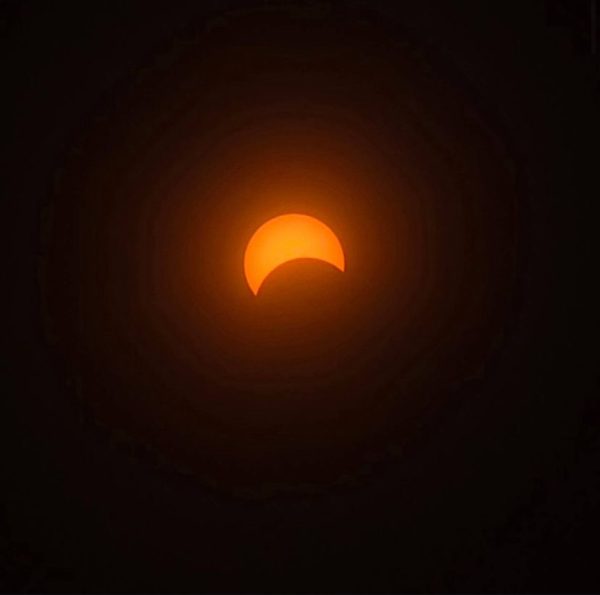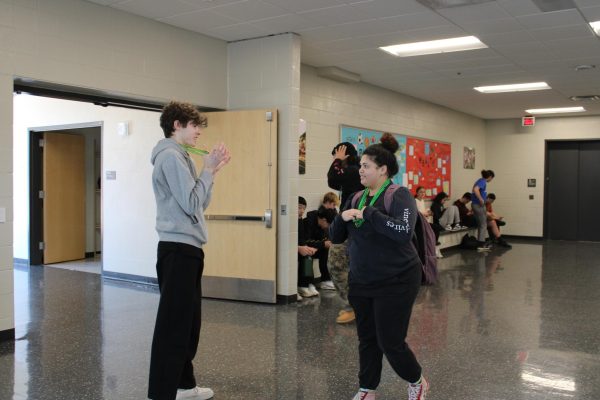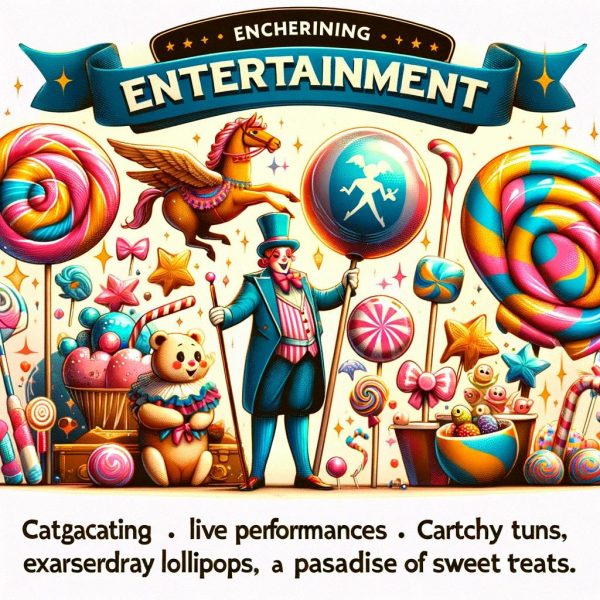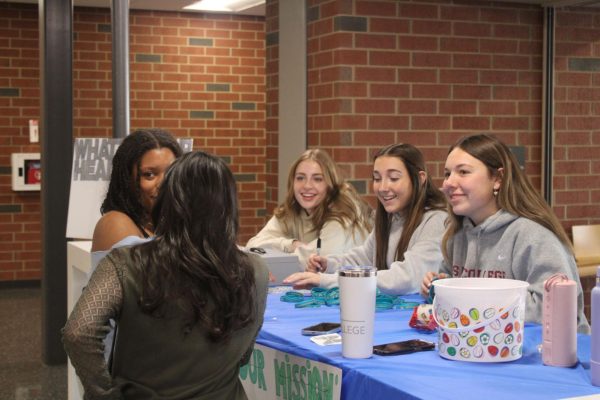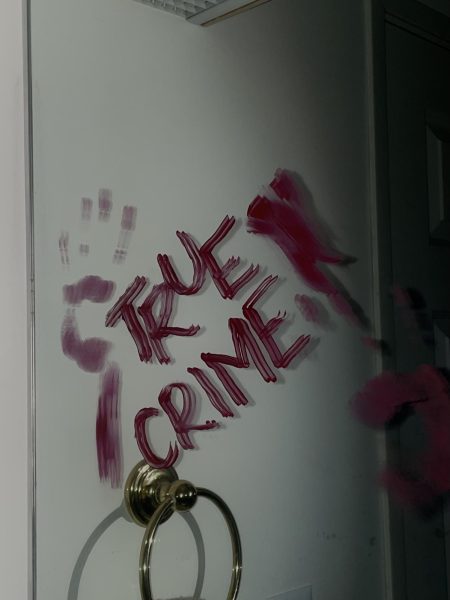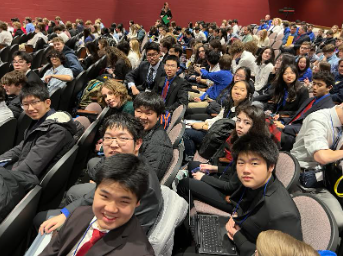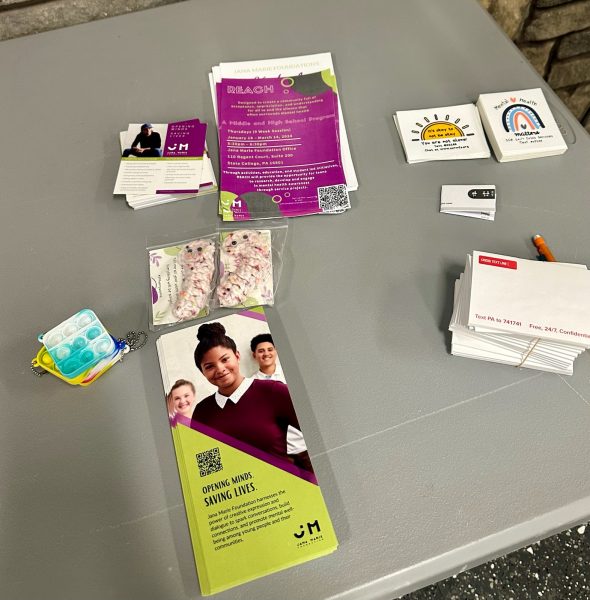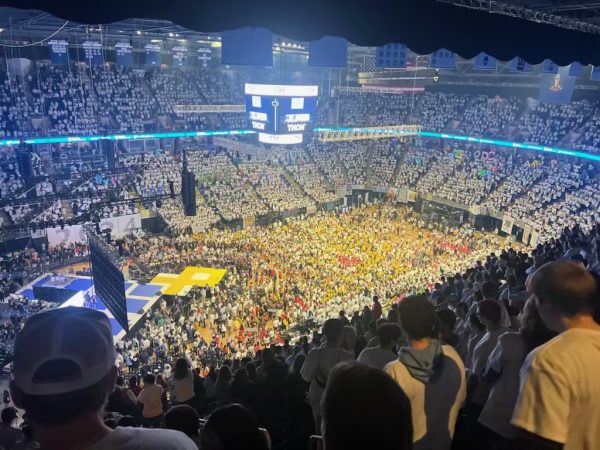State High Forensics Team Attends First Online Tournament
State High sophomore Jedidiah Yang (top) debates Hunterdon Central SQ sophomore Alex Simeon in public forum debate, State College PA, Saturday, Nov. 6, 2020. Competitors used a program called Jitsi Meet for their online tournament.
November 19, 2020
The State High Forensics Team attended their first tournament of the season through video call on Friday and Saturday, November 6th and 7th.
Under normal circumstances, students would travel to other schools where the tournaments would be held, however this year they had to adjust due to safety measures brought on by COVID-19. The tournament was run through a program called Jitsi Meet, similar to Google Meet or Zoom, although with more technical issues according to some of those who attended.
A captain’s job is to help new competitors through their first tournament, however senior and speech captain Keya Ahrestani had the extra responsibility of helping them through their first online tournament.
“A lot of people [speakers] said it was difficult to navigate, right at the very beginning they didn’t know what to do necessarily. And there was a bit of lag at first, and the tournament started a little later than the schedule, so people were a little freaked out by that,” Ahrestani said.
The debate rounds did not go as smoothly as hoped. Many team members faced obstacles while competing virtually.
“I feel like all [online meeting programs] suck in some aspect but I feel like it was pretty bad and I find Zoom pretty bad as well. Sometimes when you mute [yourself] it doesn’t mute you. In one round … apparently, both [teams] can hear each other and could hear how [we were] talking about how to rebut [their] case during prep so we had to talk quietly,” said sophomore Jedidiah Yang, a public forum debater, about Jitsi Meet.
“I was annoyed with it at first because it was clear that some of the tech difficulties the tournament was experiencing was related to the platform. But once things started running smoothly, I thought the platform was fine,” said Jennifer Rand, advisor of the Forensics Team and a judge at the tournament.
Yang also gave a more specific example of a technology difficulty he faced, and how he countered it, saying, “It probably wasn’t the smartest way to resolve this, but in our first round we had a connection issue with the opponent, they were at a school, their connection was terrible and you couldn’t hear 95% of what they were saying, especially when they were reading fast. [We figured we] might as well send each other’s cases, even though that’s kinda bad, [and] let’s set three minutes each to look at cases. We had to take out every rebuttal and A2(answer to) and just leave the case on the doc.”
The online format caused competitors to take drastic measures they wouldn’t normally have to worry about. Letting your opponent see your case can be a drawback because it gives them the opportunity to look into more detail to what your arguments are, as opposed to just getting to hear them being read once. Yang and his partner took out their A2s and rebuttals so their opponent wouldn’t know how they would be countering their arguments. A2 stands for “answer to”.
The online format of tournaments has affected not only the events but the social aspect of it as well. These safety measures the team has to take have affected crucial aspects many members love about the club such as team bonding and having fun with your teammates, especially through the travel to tournaments.
“You also can’t have fun with your friends,” Yang said in regard to the differences between in-person and online tournaments.
“I think the virtual tournament is substandard in terms of our team dynamics. One of the important facets of forensics, I have come to learn, is the very close-knit group that forms each year. After graduation, I hear from students that their four years of forensics was foundational to their high school experience, not just because of the skills they developed, but also for the friendships they formed. And, in my experience, travel is a very important part of that bonding,” Rand said.
However, the captains of Forensics are trying their best to remedy that by making sure everyone is communicating and talking to each other.
“I think leading up to the tournament we’ve done a lot of team bonding and just like talking to each other about stuff not related to forensics so that way we’ve created a nice [environment]. I would say leading up to the tournament we’ve created friendships within the group, which is always nice, and then during the tournament itself we had a GroupMe chat so throughout the [tournament] people who were competing were sending stuff about their rounds, how they did, [and] I was asking if everyone was able to join because this is the first time we’ve competed with other schools,” Ahrestani said.
Ahrestani went on to talk about how members of the speech team adjusted to the virtual format of the tournament.
“Overall they said [the online tournament] ran pretty smoothly which is always a good thing ’cause I mean that’d be my worst fear, that they have a hard time navigating the online form. But yeah, they said tournament experience was good and then I asked them to rate their performance and they also rated that pretty high, which is nice, because that means what Michelle (Zhang, Rhetorical Speech captain), Allison (Mi, Performance Speech captain), and I have been doing is working and also what they do on their own is working, a lot of forensics is your own work and stuff. But yeah, I would say new members did well,” she said.
While the online format posed certain challenges, team members found there to be a number of benefits as well.
“I very much enjoyed the ability to have a fairly normal weekend over the course of the tournament in between my judging rounds — I did yard work, I spent time with my family, I took my dog for a hike — and that experience actually increased my interest in facilitating more virtual tournaments for our team,” Rand said.
Rand also thinks being online opens up opportunities.
“I think it increases access for some students — there is zero cost associated with forensics this year because what we usually reserve to pay for the coach busses we have to take to attend tournaments, we are using instead for all our tournament registration costs. So for a typically very pricey club, I think the lack of cost is a real boon to our students and takes all pressure off families in what may be an otherwise difficult year,” she said.
Despite the difficulties faced in the new format of online tournaments, Yang said he wouldn’t let the burden of online debating affect him.
“My partner and I definitely learned what we have to do in future tournaments and how to improve based on what we did from our tournament this past week. We know how to adapt to online [debate] and what works well,” Yang said.
The forensics team will next compete virtually in the LaSalle High Forum Invitational on December 11th and 12th.
WILLIAM-TENNENT TOURNAMENT RESULTS:
Dhar & Brown from St Andrew’s Episcopal won Big Questions,
Daniel Kim from Pennsbury won Declamation,
Dadlani & Liu from Ridge won Duo Interpretation,
Rocco Panangadan from CR North won Extemporaneous Debate,
Amanda Qu from Pennsbury won Impromptu,
Sam Perry from La Salle won Informative,
Solomon Landman-Feldman from East Chapel Hill won JV Congressional Debate,
Molly Meehan from Gwynedd Mercy won JV Dramatic Performance,
Matthew McGinn from Holy Ghost Prep won JV Extemporaneous Speaking,
Colby Crihfield from Don Tyson School Of Innovation won JV Lincoln-Douglas,
Ding & Hansen from Strath Haven won JV Policy Debate,
Bedard & Chan from CR North won JV Public Forum,
Yejin Lee from Ridge won Oral Interpretation of Poetry,
Jocelyn Tan from Ridge won Oral Interpretation of Prose,
Vyn Le from Holy Ghost Prep won Original Oratory,
Divya Krishnan from Ridge won Program Oral Interpretation,
Cameron Hines from Southern Lehigh won V Congressional Debate,
Cat-Minh Huynh from Redlands won V Dramatic Performance,
Mayin Puri from Ridge won V Extemporaneous Speaking,
Tim Carroll from Solebury won V Lincoln-Douglas,
Hutchison & Jaubert from St Andrew’s Episcopal won V Policy Debate,
Quintard & Simeon from Hunterdon Central won V Public Forum.

